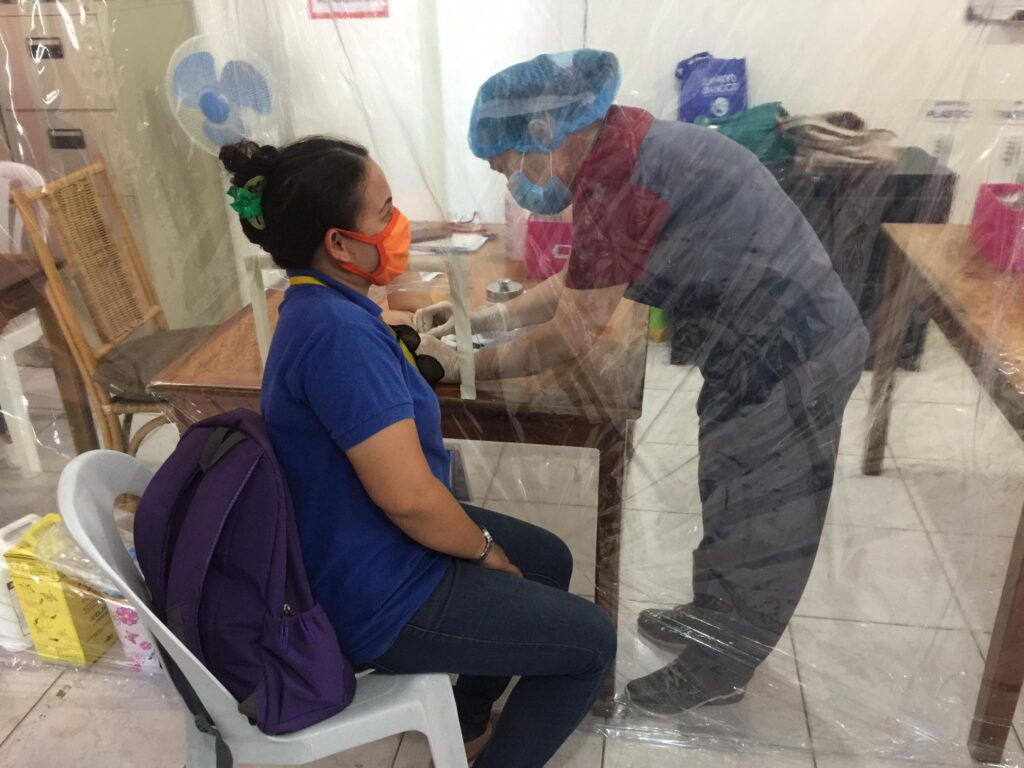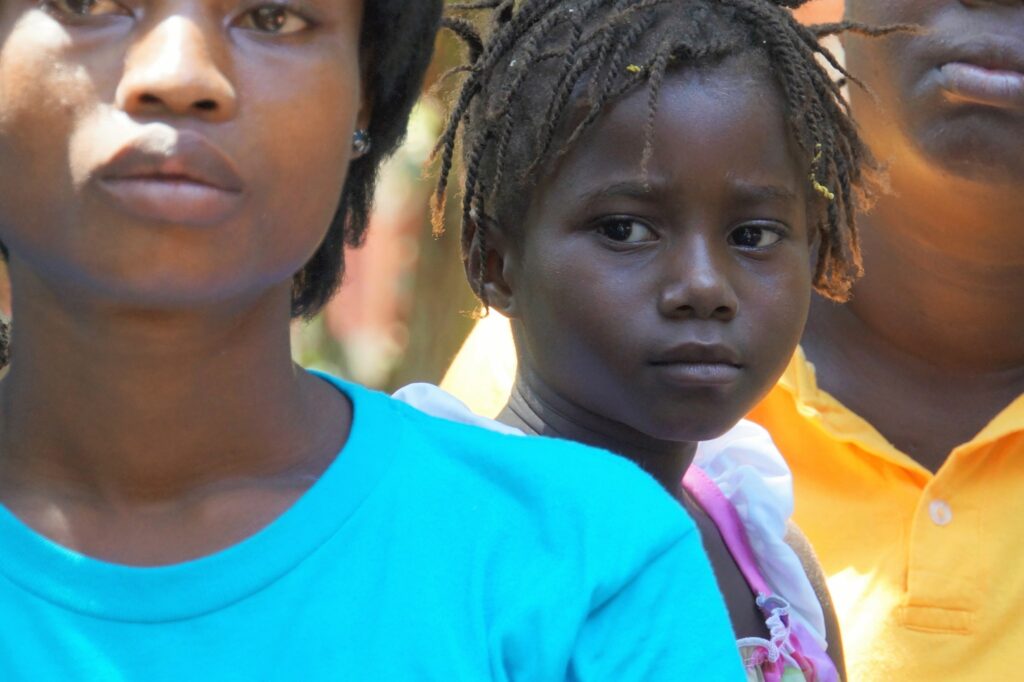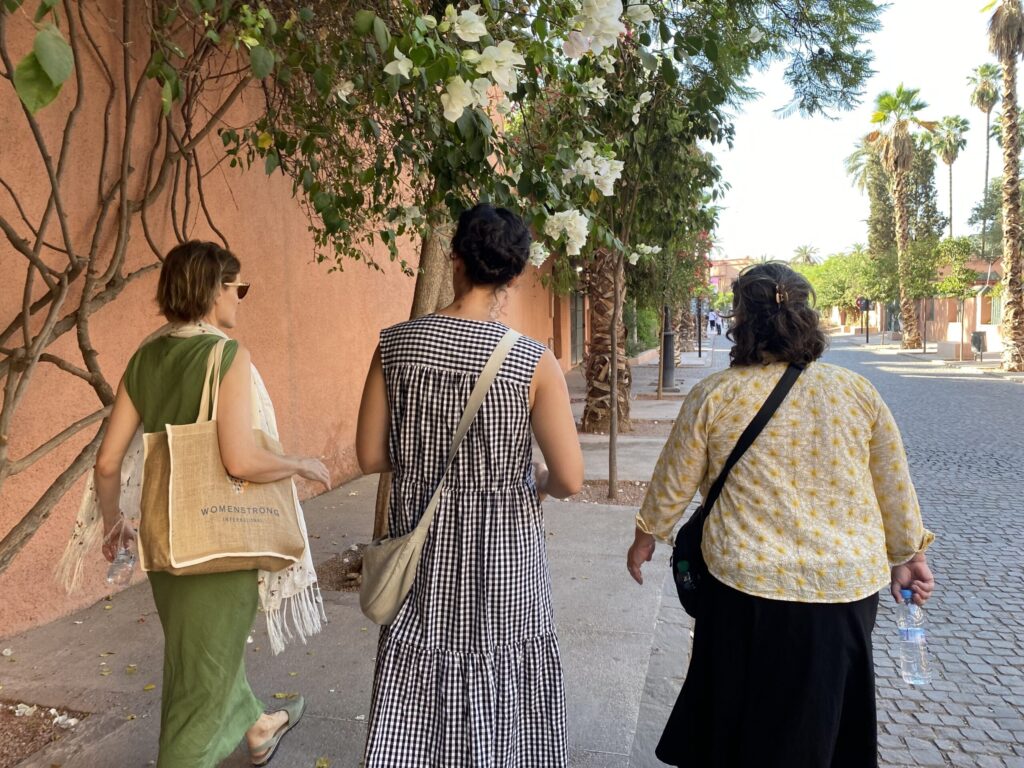Celebrating Our Community of #WomenStrongWarriors this International Women’s Day

In the Philippines, a mother and daughter duo saw the rising rates of unplanned pregnancy and HIV/AIDS in the country’s Palawan province and developed a program to educate young people about their sexual and reproductive health.
In Zambia, a student at Copperbelt University started door-to-door fundraising with other university students so that girls who had reached puberty would no longer be forced to leave school simply because they couldn’t afford menstrual products.
And in Rwanda, a former refugee who fled to escape violence at age six returned years later to create a network of women’s groups to engage with men and stop gender-based violence.
Dr. Susan Evangelista and her daughter, Amina Evangelista Swanepoel, in the Philippines. Faith Suwilanji Kaoma, in Zambia. Mary V. Balikungeri, in Rwanda. All these leaders exemplify the spirit of International Women’s Day, March 8, which the UN Women agency has dedicated this year to focus on women in leadership.
The organizations that Susan and Amina, Faith, and Mary founded – Roots of Health, Copper Rose Zambia, and the Rwanda Women’s Network – are three of the 19 organizations in 16 countries that WomenStrong International has been supporting in our efforts to find, fund, strengthen, and share women-driven solutions to transform lives in urban areas.
WomenStrong’s partners receive grants to help them implement projects enabling women and girls to achieve their full potential and come together in a Learning Lab, to share lessons learned and to explore and refine their promising solutions.
As part of participating in our Learning Lab, partners develop tools and other learning products, capturing practical lessons and reflections to share with other organizations working in four areas that are key to improving gender equality: girls’ education, women’s health, gender-based violence, and economic security.
Our Afghan partner Sahar, for example, produced a podcast series to explore how to engage men and boys in a country where traditionally, they are important gatekeepers for girls’ education. Women’s Justice Initiative in Guatemala shared information on how they adjusted their gender-based violence programming during COVID-19. Girl Up Initiative Uganda developed a video about how they overcame stereotypes to engage girls in youth sports programs. And others are developing a range of training materials, blog posts, and other tools, so as to share their solutions more broadly.
No matter how far apart WomenStrong partners are located, these organizations share a dedication to gender equality and are led by women and men who listen to and promote solutions that reflect the real-life challenges facing women and girls in their communities.
Many of these leaders have also helped grow their organizations to meet a full range of women and girls’ needs.

Roots of Health in the Philippines expanded from education to providing family planning and contraceptive services to tens of thousands of women and men in their Palawan community each year.
Copper Rose Zambia has reached over 10,000 adolescent girls with sanitary products and now serves thousands more through a full range of programming that spans from reproductive health education to economic opportunity and mentorship.
And Rwanda Women’s Network has grown into a staff of 60 women and men working across 17 districts in Rwanda, training and empowering women to transform their families and communities in this formerly wartorn nation.
These organizations and all our WomenStrong partners were forced to transition yet again over the past year, as the COVID-19 pandemic closed schools, shuttered health clinics, and isolated women and girls at home. They transformed themselves almost overnight into frontline humanitarian organizations, to distribute essential public health information, food, and hygiene products. Today, many have safely resumed their programs in some form, either by hosting activities outside, with masks and social distancing, or shifting to online and other remote strategies.
The work of our WomenStrong partners means that girls and women in their communities now have improved access to the information and services they need, to improve their lives.
All because of the tenacity and dedication of women leaders named Mary, Faith, Susan, and Amina – and many more like them.
This International Women’s Day, we celebrate all of the WomenStrong staff and partners. They are WomenStrong warriors, all.




